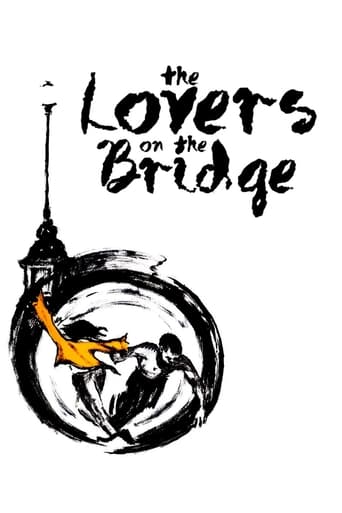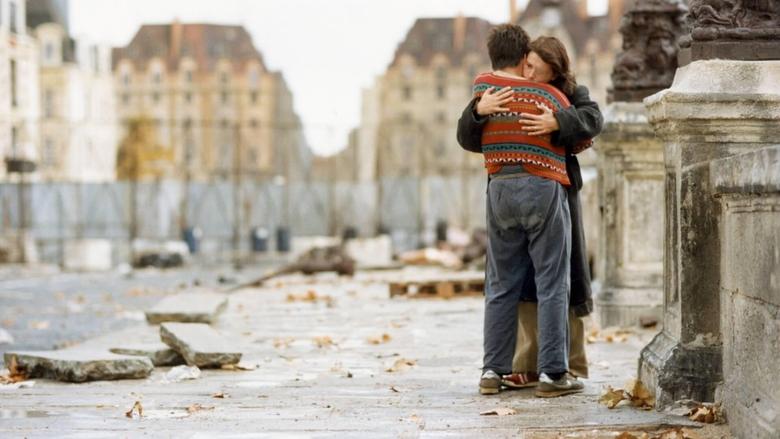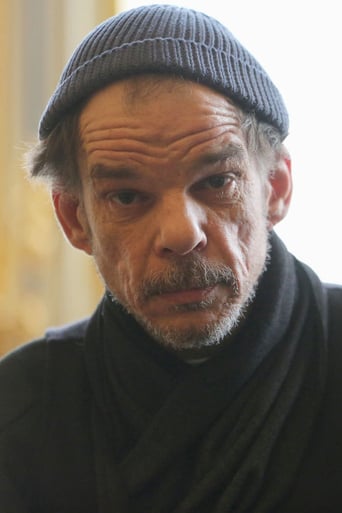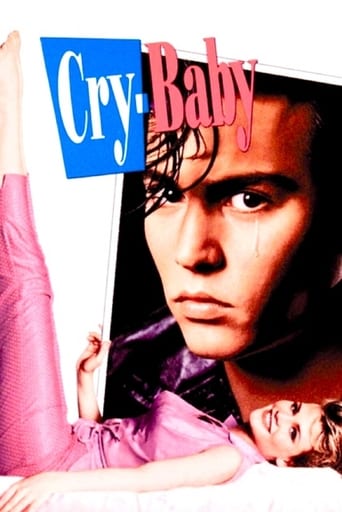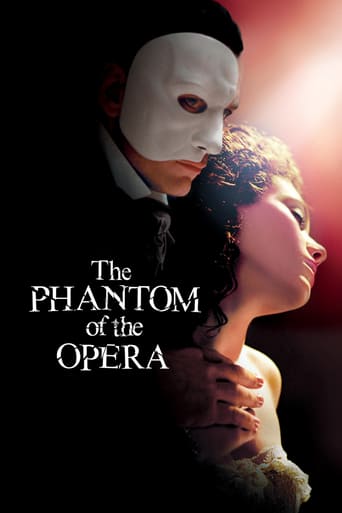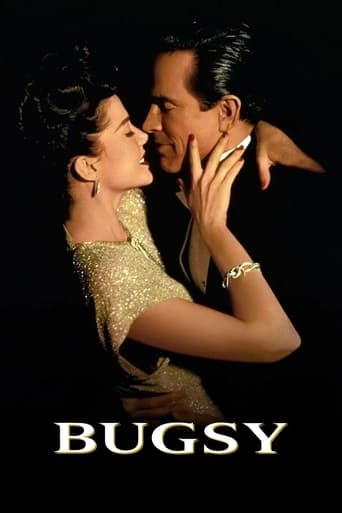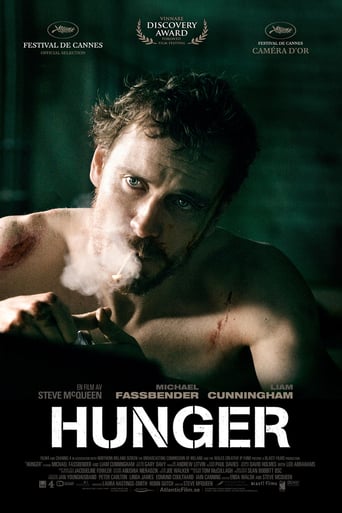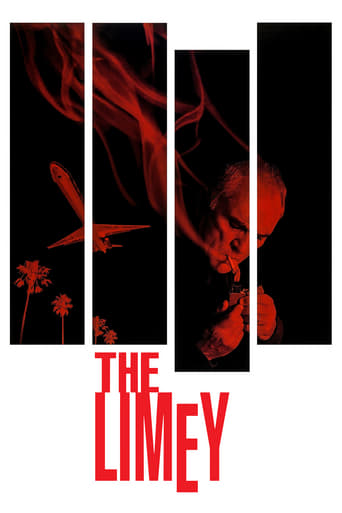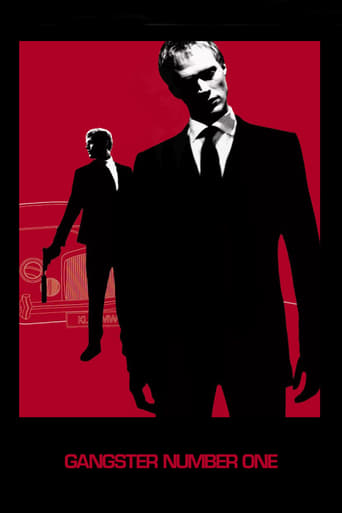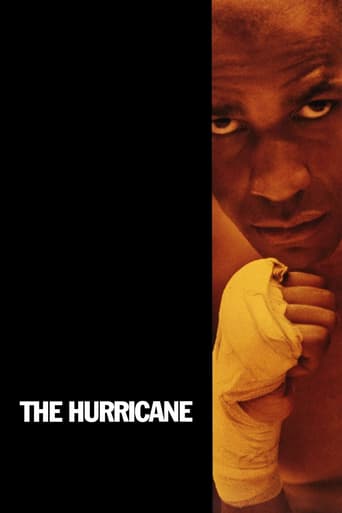The Lovers on the Bridge (1999)
Set against Paris' oldest bridge, the Pont Neuf, while it was closed for repairs, this film is a love story between two young vagrants: Alex, a would be circus performer addicted to alcohol and sedatives and Michele, a painter driven to a life on the streets because of a failed relationship and an affliction which is slowly turning her blind.
Watch Trailer
Cast


Similar titles
Reviews
best movie i've ever seen.
As Good As It Gets
If the ambition is to provide two hours of instantly forgettable, popcorn-munching escapism, it succeeds.
It is a whirlwind of delight --- attractive actors, stunning couture, spectacular sets and outrageous parties. It's a feast for the eyes. But what really makes this dramedy work is the acting.
This film is just like a watercolor painted on the Seine with fireworks, or a poem that is quietly placed on the pillow before bed. If you dream of a person, you'd better see him immediately after you wake up. At first thought, this film could be a class tragedy of Leos Carax, however, it finally turned out to be a pure romantic atmosphere that can make audience suffocate. From the burning human under the heavy rain to the weak candle light in front a blind girl. All these ultimate visual plots are perfect The characters are faultlessly built by Juliette Binoche and Denis Lavant in the extreme emotion, and finally left a magnificent masterpiece.
Seems like the streaming format can't do justice to this cult film's visual pyrotechnics (literally, in the case of the famous Bastille Day fireworks/waterskiing sequence(!)), but what really tipped the balance for us was the operatic silliness of the plot. At first it seems like Carax is trying for the kind of bittersweet fantasy about the Parisian underclass that Jean Renoir and René Clair were turning out in the 30s—updated with a "gritty" layer of realism that can be difficult to watch. We didn't much care for the way the script exploits pathology—blindness, depression, dissociation, addiction, pathological jealousy and all-around destructive craziness—as a substitute for character and emotion, which comes across as cynical and pretentious. The over-the-top plot contrivances may make for some effective individual scenes—Michèle fantasizes about hunting down an ex-lover and shooting him, Alex destroys all the "have you seen this girl?" posters that Michèle's parents have put up, Michèle and Alex pose like figureheads on the prow of a barge on the Seine (remind you of anything?)—but none of it seems to add up to much in the end. There's another scene where middle-aged tourists are roofied and robbed by the lovers at an outdoor café; we see them waking up, feeling dazed and abused no doubt. We identified.
The way this film tells it's story is dazzling. A thing of beauty.The one gripe I have about the film as a whole is that the male lead has nothing to offer to the female lead. He is just a festering, ape-like bag of hurt and neediness. He has zero conversation, apparently indicative of zero thought process. When she tries to leave, he beats her or tries to drown her. The female lead is drawn, at some level, to the old watchman (another occupant of the bridge) who at least has some past normal life experience to which she can relate. He is a man with things to say, a man of deep ocean tides, not a man who has met life in the fetal position or failed to live at all.I will not say the male lead destroys the film. It is still awesome in style to behold. The way it achieves story-telling things is a marvel.But that guy. Oh, that guy.
The film begins on a crossroads, where a blind Juliet Binoche fist encounters Denis Lavant's seemingly schizophrenic vagrant and their relationship begins. With this, even the most disinterested of viewers will be able to appreciate that the particular setting, much like the rest of the film, has a stark significance. Les Amants du Pont-Neuf (1991) was the third film from firebrand filmmaker Leos Carax, and one that shows an obvious attempt to build on the ground previously covered in his first two films, Boy Meets Girl (1984) and Mauvais Sang (1986), whilst simultaneously allowing himself the room for growth and creative development. Besides being a fairly successful combination of superfluous fantasy and biting social realism, the film remains something of an intriguing experiment into the juxtaposition of tone, the malleability of character and the cinematic use of architecture as a model for the plot; while simultaneously standing as an affecting and uncharacteristic romantic-drama in its own right.Nonetheless, it is that bold use of design and the bolder integration of such concerns as expressed within the narrative itself that makes the film something to be experienced. The bridge here is more than just a mere setting; it is a symbol for our two protagonists. Most directors would have used this grand vision of design in all its historical splendour, to comment on the prosperous-nature of the country in an ironic fashion, and of the ample possibilities of its characters. Instead, Carax shows us a structure that is tired, worn and close to collapse. As the film progresses, note how the restoration of the Pont-Neuf comes to mirror the restoration and rehabilitation of the central duo. Their final union sees all three 'characters' cleansed and rejuvenated, whilst the crossroad is now open to allow their two very different worlds to collide. It is brilliantly captured by Carax, who once again uses the locations in a way that is entirely expressive; while all along showing a complete understanding of the relationship between the camera and the design that is truly unlike anything else demonstrated in his work, both before and since.One of the most striking sequences here involves the lovers getting drunk and descending into childlike revelry, while a hundred years of cultural evolution is expressed through a densely layered soundtrack. We also have possibly the greatest use of fireworks in any film, as the duo steal a speedboat during the celebrations of the French Bicentennial; with the combination of music and movement, energy and spirit bringing to mind the night time walk that Alex takes in Boy Meets Girl (as Bowie plays on his over-sized headphones and kissing couples are treated with all the reverence of a talented street-musician) or the iconic "run down the street" scene from Mauvais Sang (with Bowie again scoring a defiant burst of unrequited love articulated as a wordless burst of physical expression). Bowie again features here, along with a character called Alex (again played by Lavant), but this certainly isn't a retread of the director's earlier achievements.Many critics have continually argued that the combination of mental illness and skid-row misery with declarations of love and happiness against scenes of deliberate, fantastical exaggeration is all decidedly problematic in tone. Again, these same accusations have been levelled against everything from New York, New York (1977) to The Moon in the Gutter (1983), with the natural shock of the harsh contrast between content and form no doubt jarring the audience out of their usual, expected comfort zones. It is almost unheard of in the more recognisable cinema of Hollywood to expect a romantic drama to open with a scene set in a homeless shelter, where wizened, naked men stand prostrate under shower heads, or moments of unrequited love and ennui are expressed in bursts of unprovoked violence and shocking brutality. Naturally, the film was a spectacular failure on release and soured Carax's interest in film indefinitely (only one film in the subsequent seventeen years); but for me, the legacy of Les Amants du Pont-Neuf, as both an experience and a creative excess, is more potent now than it ever was before.Although you could certainly argue that Les Amants is a somewhat flawed work in comparison to the director's smaller projects, most notably, the controversial POLA X (1999), it remains so simply as a result of aiming too high. However, regardless of such slight limitations, it is what cinema should be; an expression, of ideas and emotions that are inventive, funny, shocking, beautiful, gritty and continually enigmatic, and all tied to the director's repeated allusions to the work of Jean Luc Godard, R.W. Fassbinder, Scorsese and Jean Vigo. Regardless of its reputation as a costly flop or a work of pure self-indulgence, Les Amants du Pont-Neuf remains a film unlike any other; an epic love story cast against a backdrop of depression and desperation and the same kind of bold, cinematic evocations that Carax's work is celebrated for.

